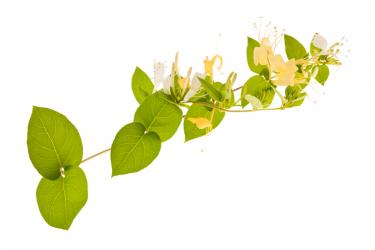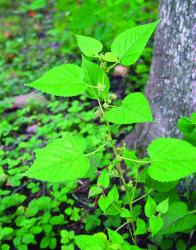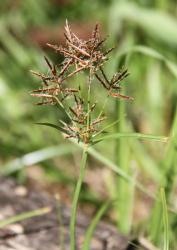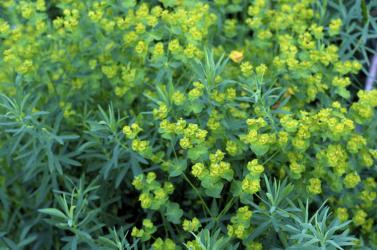Nutsedge, crabgrass, clover, dandelion and spurge are the most common weeds in Missouri. However thistles, bindweed and honeysuckle are the most invasive weeds in the area. In order to stop these weeds from multiplying, promoting a thick healthy lawn is a good line of defense. In the lawn, be sure to use post-emergents that are labeled for broadleaf and grassy weeds and are also considered selective herbicides, meaning they target specific weeds. There are also organic options for herbicides as well. — Brian Haley, Chesterfield Valley Nursery.
Nutsedge is a perennial, grass-like lawn weed that is a lighter green and grows faster in hot weather than our lawns do. It can be distinguished from grasses by its V-shaped stem. Nutsedge produces tubers and rhizomes below ground to multiply and may eventually form patches of 10 feet or more in diameter. Dave recommends spraying with SedgeHammer® to kill it. —David Sherwood, Sherwood’s Forest Nursery.
You can free yourself from weeding with pre-emergent weed preventers. It takes minutes to apply, yet saves hours and hours of back-breaking work by preventing weeds from germinating. Ann recommends the product called Preen® which also contains a slow-release fertilizer, saving us even more time. She applies Preen to the flower beds right after they have been freshly mulched.—Ann Lapides, Sugar Creek Gardens.
A particularly tough Missouri weed is Mulberry Weed (Fatoua villosa), which has exploding seed heads and rapid growth to the seed stage so it can reseed vigorously all season long. Before its seeds appear it looks a bit like garden favorites bee balm and hummingbird mint, which is how it manages to establish itself in herb and vegetable gardens. Heavy mulching around your preferred plants will help keep these weeds under control. Put pulled weeds in the trash, not your compost bin where the seeds will survive. —Kathie Hoyer, Bowood Farms.











